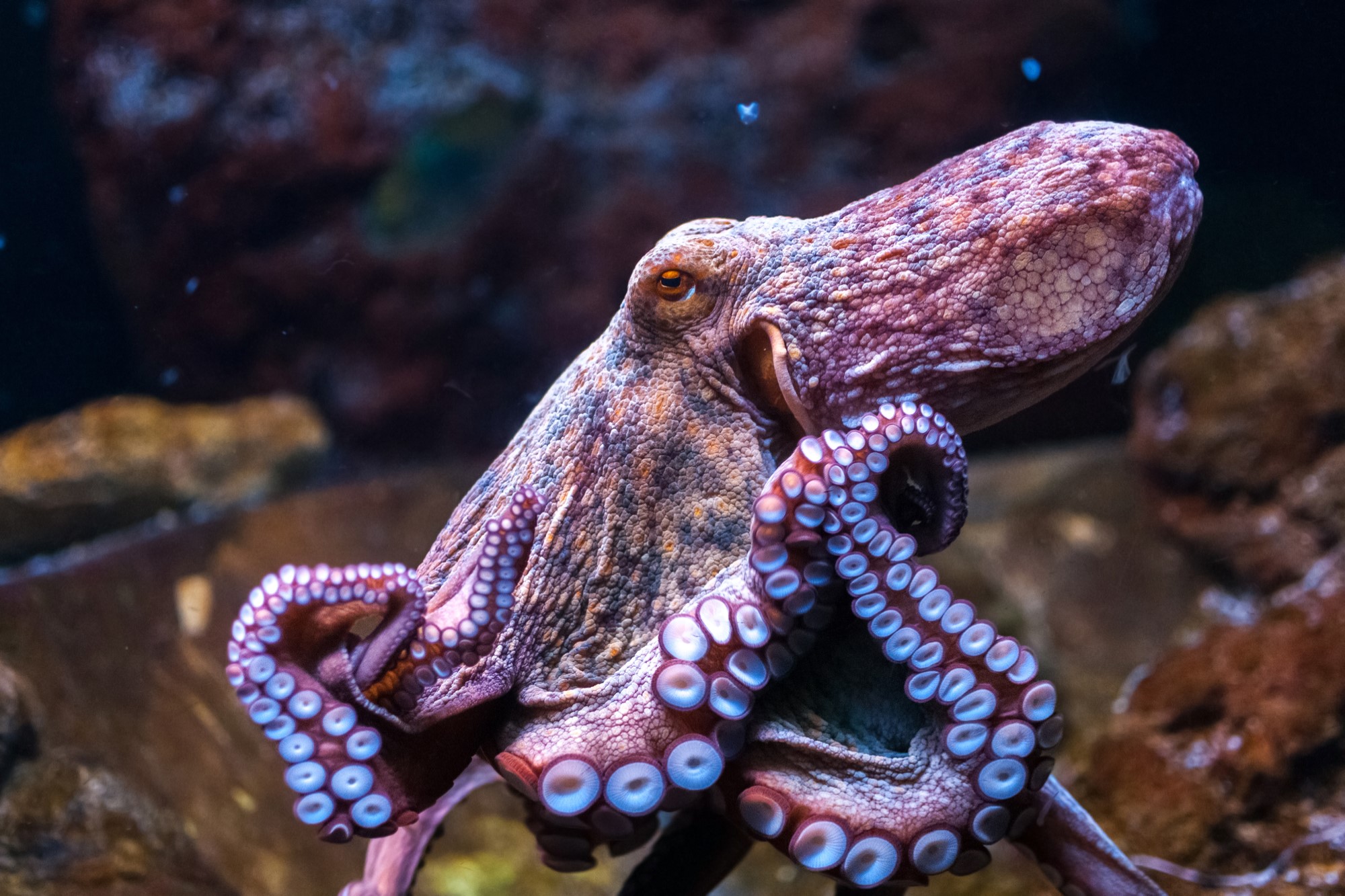Neuralink, Meaningful Futures, and Animal Welfare Abuses

In December 2022, news outlets reported that Elon Musk’s medical device company, Neuralink, is under federal investigation for animal welfare violations. Neuralink is, in theory, a medical device that is robotically stitched into a person’s brain with the hope that it will help paralyzed individuals regain control over parts of their bodies to which they have lost access. If successful, the device may increase human ability to control things with their thoughts using a technological interface. The ability to regain control over one’s limbs and sense organs may just be the beginning of uses for this kind of device.
Musk has attracted some criticism for inaccurately reporting the speed at which we can expect this technology to develop. In December of this year, he claimed that implantation of the device in a human skull could happen as early as six months from the time that he made the announcement. Success in this endeavor has the potential to at least partially rehabilitate Musk’s tarnished reputation resulting from his handling of the Twitter takeover. He has powerful reasons to hope that his promises from Neuralink will be honored quickly. In keeping with these motivations, he has reportedly demanded that his employees conduct research more quickly. Employees are reporting that this increased speed has resulted in significant violations of the Animal Welfare Act.
This development is of particular concern because satisfying the demands of the Animal Welfare Act is not particularly difficult to do. The Act does not provide a tremendous number of restrictions when it comes to how animals can be treated when used in research. Many animals are not protected at all, such as birds, rats, and mice.
This means that whatever animal welfare regulations were being violated, it wasn’t a matter of treating animals of this type inhumanely (though, of course, such animals have moral status as well). To qualify for protections, the animals involved would have to be mammals — animals who we know to be intelligent, social, and capable of experiencing pleasure and pain.
Whistleblowers from the company report that rapid research into this technology has resulted in numerous botched animal surgeries, and Reuters reports that Neuralink has killed, “about 1,500 animals, including more than 280 sheep, pigs and monkeys, following experiments since 2018.”
These allegations of animal cruelty reveal what perhaps should have been obvious but that probably flew beneath the radar for most people: Nueralink is engaging in animal testing, with Elon Musk at the helm. There are a cluster of objections against using non-human animals for testing Neuralink in the first place. Some scientists have expressed doubts that this kind of technology is viable at all. Neuralink claims to be, essentially, a mind-reading device. To effectively and responsibly read minds, we’d need to understand a lot more about how brains function. If Nueralink is really just a billionaire’s sci-fi fantasy with little chance of actually delivering on its promises, then the use of beings who are capable of suffering and of living lives of their own outside of the lab is particularly unjustified.
Assuming for the sake of argument that the technology has the potential to work in the way Musk claims, there are still significant problems with using non-human animals to test it.
The first concern is a special and acute form of The Dilemma Argument Against Experimenting on Non-Human Animals. Either the brains of non-human animals are sufficiently similar to human brains or they are not.
If they are sufficiently similar, then there are all sorts of problems with testing this technology on them. These animals would be capable of both joy and suffering — they experience joy when they are left alone to pursue flourishing lives for members of their species; they experience suffering when researchers treat them like objects to be cut up and discarded.
If, on the other hand, these brains are unlike those of humans, then we don’t know the full consequences of implanting such a device in an animal — we don’t know the range of things it will allow them to control. Fundamentally changing the capabilities of a member of a different species without full knowledge of the consequences is at best risky and at worst extremely morally negligent.
Compounding this problem is the question of the content of non-human animal thought. Either the Neuralink device responds to mental events like impulse and instinct, or it responds to mental states that have propositional content. If it responds to instinct and impulse, it’s worth noting that we don’t know what will happen when the instincts and impulses of members of other species are enhanced. If it responds to thoughts with propositional content, then we learn nothing about how the device will function in the minds of humans, since non-human animals presumably don’t have thoughts with propositional content. If this is the case, we are carving up the bodies of non-human animals and causing them to suffer for no good reason, since human and non-human animal higher order thought are not sufficiently similar.
A further argument has to do with virtue and vice and how we perceive our place on this planet. In A Sand County Almanac conservationist Aldo Leopold emphasizes the importance of reconceiving our relation to the natural world.
Instead of thinking of ourselves as conquerors of the land, he argues that we should think of ourselves as members of a biotic community. Instead of thinking of science as “the sharpener of our sword,” it would be more environmentally virtuous to think of science as a “searchlight on the universe” helping us to better satisfy the important role that humans play in ecosystems.
Neuralink encourages us, not to reflect on our role in the natural world, but to transcend it; to become something more than human. What’s more, it encourages us to use the lives and bodies of non-human animals to get there with no regard for the consequences for them.
These problems posed by Nueralink are made worse by a more general concern about the way that some of these potential innovations come about. Largely unfettered capitalism allows rich entrepreneurs to pursue projects that might change the nature of human experience forever, to do so on a pile of countless bodies representing the lost lives of previously sentient creatures, all to bring about ends that might diminish quality of human life and the features that make it subjectively meaningful and worth living, all without the consent of the rest of the human community. Billionaires are given carte blanche to decide what the future will be. If chips in our brains can interface with external technology, then our minds themselves seem likely to be directly invaded by capitalist forces and Big Tech — the very forces that often encourage us to exploit non-human animals, the natural world, and each other.
Neuralink has the potential to do real good in the world; it is likely that some paralyzed individuals would very much like to see this technology come to fruition. That said, we should reflect on the lessons offered by Mary Shelley in Frankenstein; we should guard against allowing a feverish thirst for progress blind us to the things that make human life good or to the need for compassion for our most vulnerable populations.




